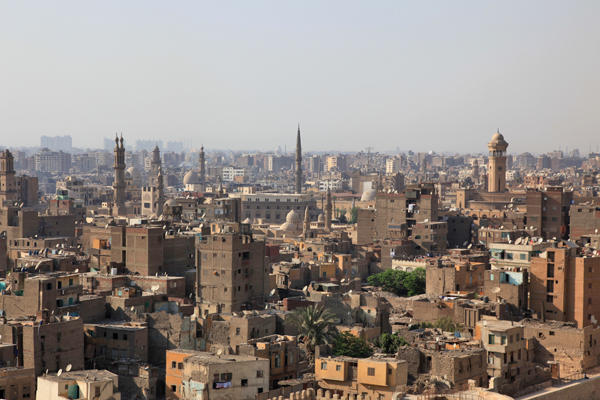Cairo 2010

Running over a period of three years, we will continue with a focus on Cairo after having started the project with Beirut and Damascus in the previous year. To extend and deepen the comparative and regional approach, Tehran and Istanbul will be included in the following years. In our past research, Studio Basel has identified a set of tools and agendas that are central to its study of cities in transformation. Instead of understanding the city as a system composed of binary opposites, such as formal and informal parts, the study attempts to unfold the very complex simultaneities and dependencies of these parameters, by carefully tracing the basic human activities and their spaces in which they unfold. Instead of an approach centered on the preconceived grand dichotomies, we would like to focus on activities at the local scale. Our research will also build upon debates that have questioned the idea of the Middle East, and the political and hegemonic bias of related terminology, such as ‘the Orient’. It will allow us to question our own research methods, such as mapping tools, which obtain an urgency and a pivotal (political) significance and have often become tools of social control, thereby losing any remaining innocence that mapping is perceived to have. Space is the medium where debates, negotiations of power and conflict are played out.
The topics are:
Where is Fustat?
The Core of Cairo - Resistance to Comprehensive Gentrification
Pyramids Area
Mokattam - World's largest recycling hub
Divercity - Downtown Cairo
Abbasiya - A forgotten neighborhood
Heliopolis - City in a city
Mohandessin
Nasr City
Imbaba
The Desert City of 6. October
15th of May
Islands of the Nile

